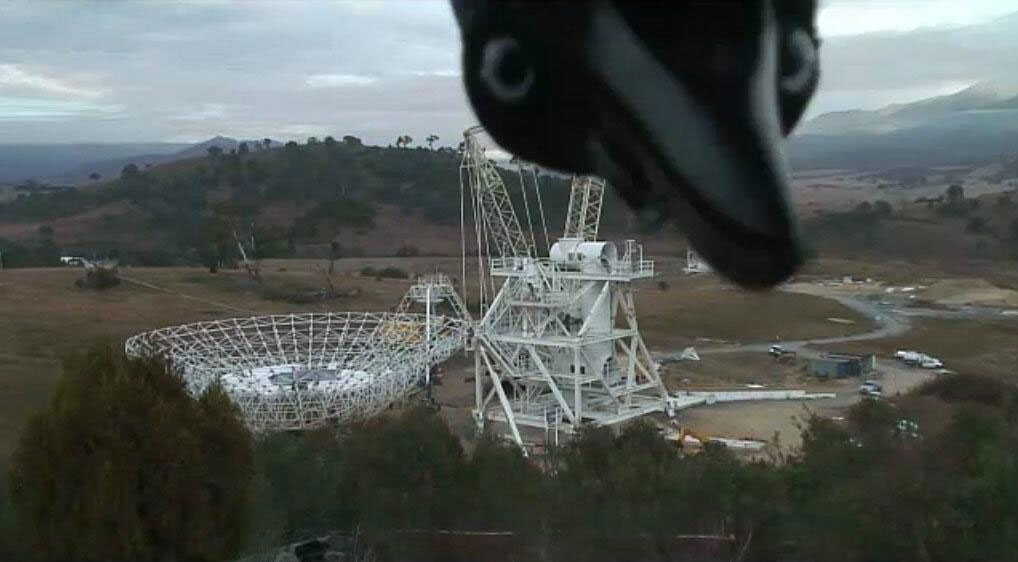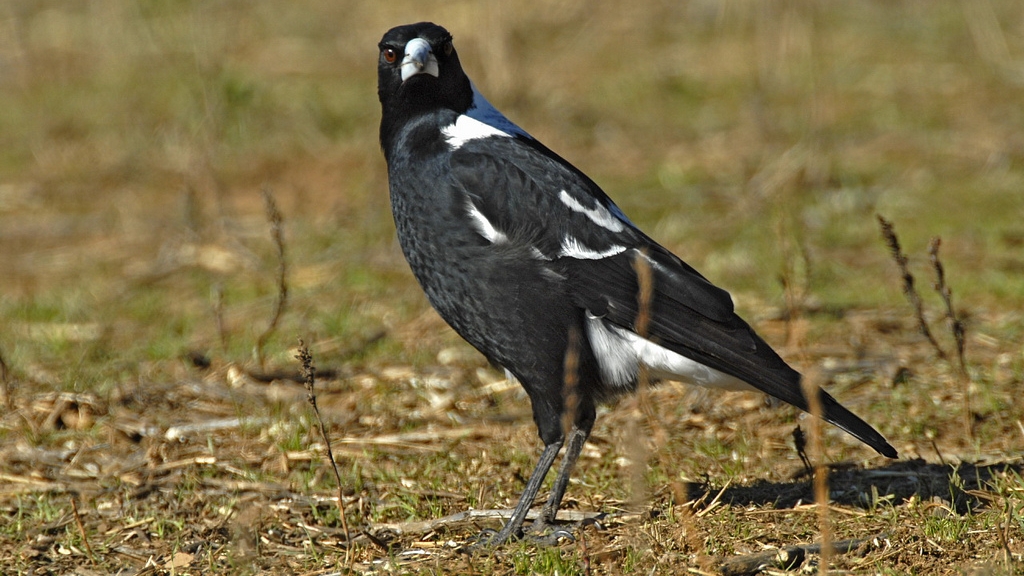
With warmer weather showing signs of returning across the country, so too are many of spring’s delights: the flowering of plants, greening of trees and rolling of cuffs all testament to the fact that the worst of winter is behind us.
Unfortunately, it’s not all lamingtons and Cherry Cheer at this time of year. For there is also a suburban menace lurking just over the horizon: a black and white marauder waiting to terrorise unsuspecting picnickers, exercisers and office workers alike.
Yep, September is magpie season
If this image doesn’t send a primordial chill down your spine, you’ve obviously never spent the month of September in suburban Australia. All around the country, roadsides, reserves and office blocks turn into battlegrounds as the Australian magpie looks to protect its patch from any and every threat it can lay its beak on.
So why do magpies swoop us humans - is it to defend their young, or their territory? Or are they just bird jerks?
Most importantly, is there any way we can guard against them?
There was an illuminating paper co-authored by academics from Deakin and Griffith universities, titled Attacks on humans by Australian Magpies (Cracticus tibicen): territoriality, brood-defence or testosterone? The paper, published in our Emu - Austral Ornithology journal back in 2010, looked to study three common hypotheses behind magpie-human attacks, particularly in suburban areas. Were the attacks triggered by territoriality, brood-defence or (magpie) testosterone, the authors asked?
The response of 10 pairs of aggressive magpies to natural levels of human intrusion was compared with that of 10 non-aggressive pairs. Behavioural observations strongly supported the contention that attacks on humans resemble brood-defence and did not support an association with territoriality. The study also found no support for the suggestion that testosterone levels correlated with aggressiveness towards humans: male testosterone peaked immediately before laying and was significantly lower during the maximum period of attacks directed at people. Moreover, there were no differences in the testosterone levels of aggressive and non-aggressive male magpies. The pattern of testosterone production over a breeding cycle closely resembled that of many other songbirds and appeared not to influence magpie attacks on humans.
So, brood-defence can be identified as the cause of attacks.
But, of more interest to posties, cyclists and small children with blonde hair in particular: what makes magpies more likely to attack some people, and not others?
Enter the brave scientists of CSIRO Black Mountain in Canberra. In 2010 (it must have been a bad year!) a particularly aggressive maggie was nesting on the foot and cycle path between the Australian National University and our Black Mountain site. With all types of magpie-repelling adornments being attached to cycle helmets with varied successes, and (figurative) public service and academia corpses littering the notorious path, our enterprising colleagues decided to add some scientific scrutiny to the debate: how do you deter a mad magpie?
The results can be seen in the following two YouTube clips that, in 2010 terms, broke the Internet.
https://www.youtube.com/watch?v=9wHreVKgOT4
https://www.youtube.com/watch?v=ES_n4DgJDHs
We can’t really condone the results: we would never advise riding your bike without a helmet. But these videos also do quite clearly dispel the myth that helmet decorations do anything to stop a swooper.
And really, what’s better than seeing public servants being attacked by a magpie to the soundtrack of Tricky’s Maxinquaye?
Want to learn more about this quintessential Aussie which, September aside, we do actually really like? Then check out this great book available through CSIRO Publishing: Australian Magpie – biology and behaviour of an unusual songbird.
And remember, keep your eyes to the sky.

